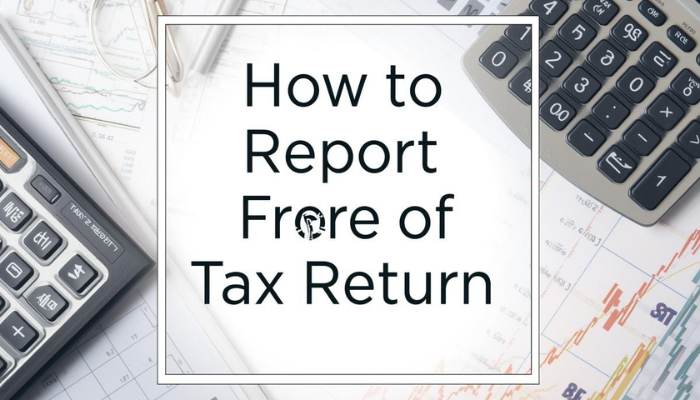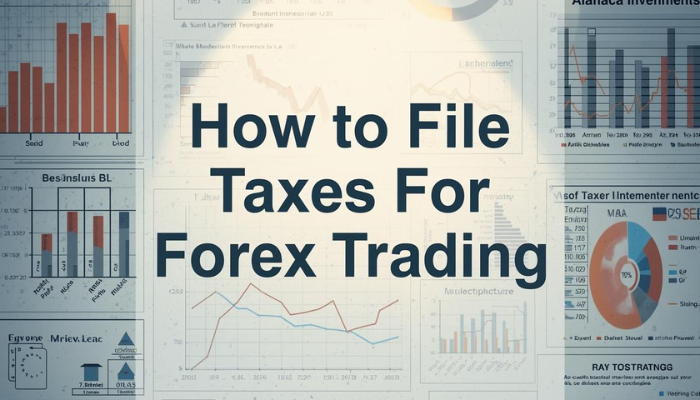
What is Tax Technology?
In the current digital environment, people and companies use cutting-edge technologies to simplify tax planning, reporting, and compliance. But what is tax technology?
Tax technology is the application of artificial intelligence (AI), automation, and software to improve the precision and efficiency of tax-related procedures. Companies must use technology to optimize financial operations and maintain compliance as tax laws change.
Key Components of Tax Technology
A range of tools and technologies intended to make tax administration easier are included in the category of tax technology. The main elements consist of:
Tax Compliance Software
The software minimizes human error and guarantees on-time submissions by automating tax computations, filings, and payments.
Read: Tax deductions for missionaries.
AI and Data Analytics
These are used in data analytics and AI to examine tax data, find discrepancies, and enhance decision-making.
Cloud-Based Tax Solutions
These solutions improve security and cooperation by enabling companies to access tax-related data and reports from anywhere.
Blockchain for Tax Transparency
It guarantees safe and unchangeable tax records, which lowers fraud and boosts accountability.
Tax Process Automation
This method increases productivity and lowers expenses using robotic process automation (RPA) to manage repetitive tax-related operations.
Read: What is the tax yield?
Benefits of Tax Technology
There are several benefits to using tax technology for both individuals and corporations, such as:
Improved Accuracy
Automated tax solutions reduce human error in computations and reporting.
Time Efficiency
Time efficiency reduces the time needed for manual tax preparation and compliance procedures.
Regulatory Compliance
It lowers the chance of fines by keeping companies informed about evolving tax regulations.
Cost Savings
By automating tax-related processes, administrative expenses are reduced.
Data Security
Data security uses encryption and safe cloud storage to safeguard private financial data.
Read: What is a VAT number in the US?
The Future of Tax Technology
Future AI, machine learning, and automation developments will influence tax technology as tax rules change. As more governments worldwide implement digital tax systems, companies must include more intelligent solutions to ensure smooth compliance. The move to e-invoicing and real-time reporting will also result in increased openness in tax operations.
What is the role of technology in international taxation?
In today’s worldwide economy, technology plays a crucial role in tax planning for international transactions to promote efficiency, transparency, and streamline tax administration. Tax authorities and governments are increasingly adopting digital tools to monitor cross-border transactions to make sure tax evasion is not happening and to enforce tax laws around the world.
Technology such as blockchain technology, AI, and data analytics, along with digital technology, allows tax authorities to keep track of multinational firms and their financial transactions in real time. This allows for an equitable tax system across all jurisdictions. It also aids initiatives like the BEPS (Base Erosion and Profit Shifting) framework.
Technology for businesses reduces the complexity of reporting requirements such as Country-by-Country Reporting (CbCR) and enables simpler compliance with tax filing as well as live data sharing.
Furthermore, the digital tax system can help reduce the risk of human error, improve tax accuracy, and increase the fairness of tax policies across the world. With e-commerce and the digital economy continuing to expand, technology plays a key role in developing new tax models for the new economy.
In short, the role of technology in international taxation is transformative–making global tax systems more connected, accountable, and efficient.
The Bottom Line
Comprehending what is tax technology is completely transforming the way individuals and businesses handle their tax responsibilities. Organizations may increase productivity, guarantee compliance, and lower financial risks by utilizing automation, artificial intelligence, and secure cloud solutions. Adopting tax technology is now necessary to stay ahead in a competitive and constantly shifting tax landscape as the digital revolution continues.
Contact L&Y Tax Advisor for further assistance!


